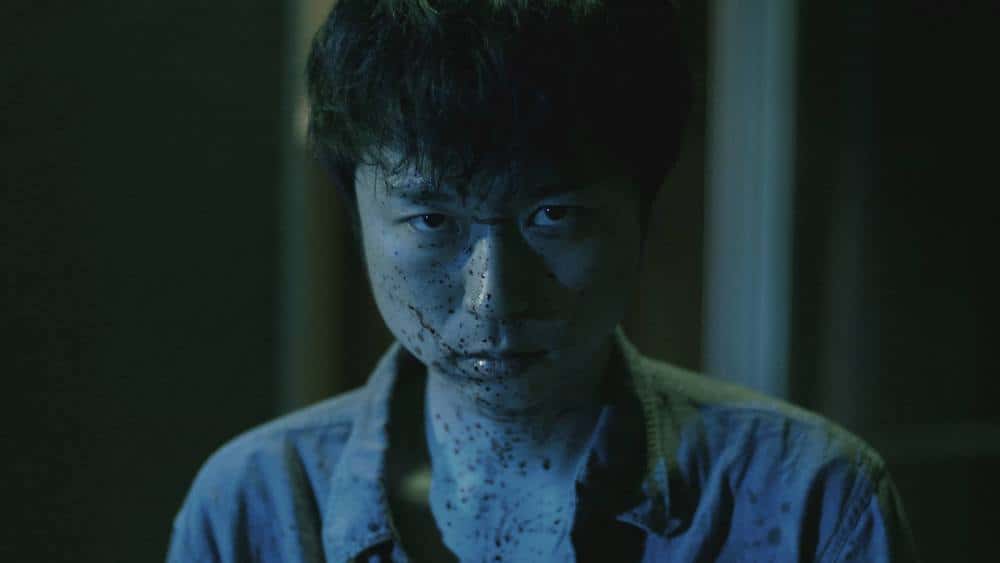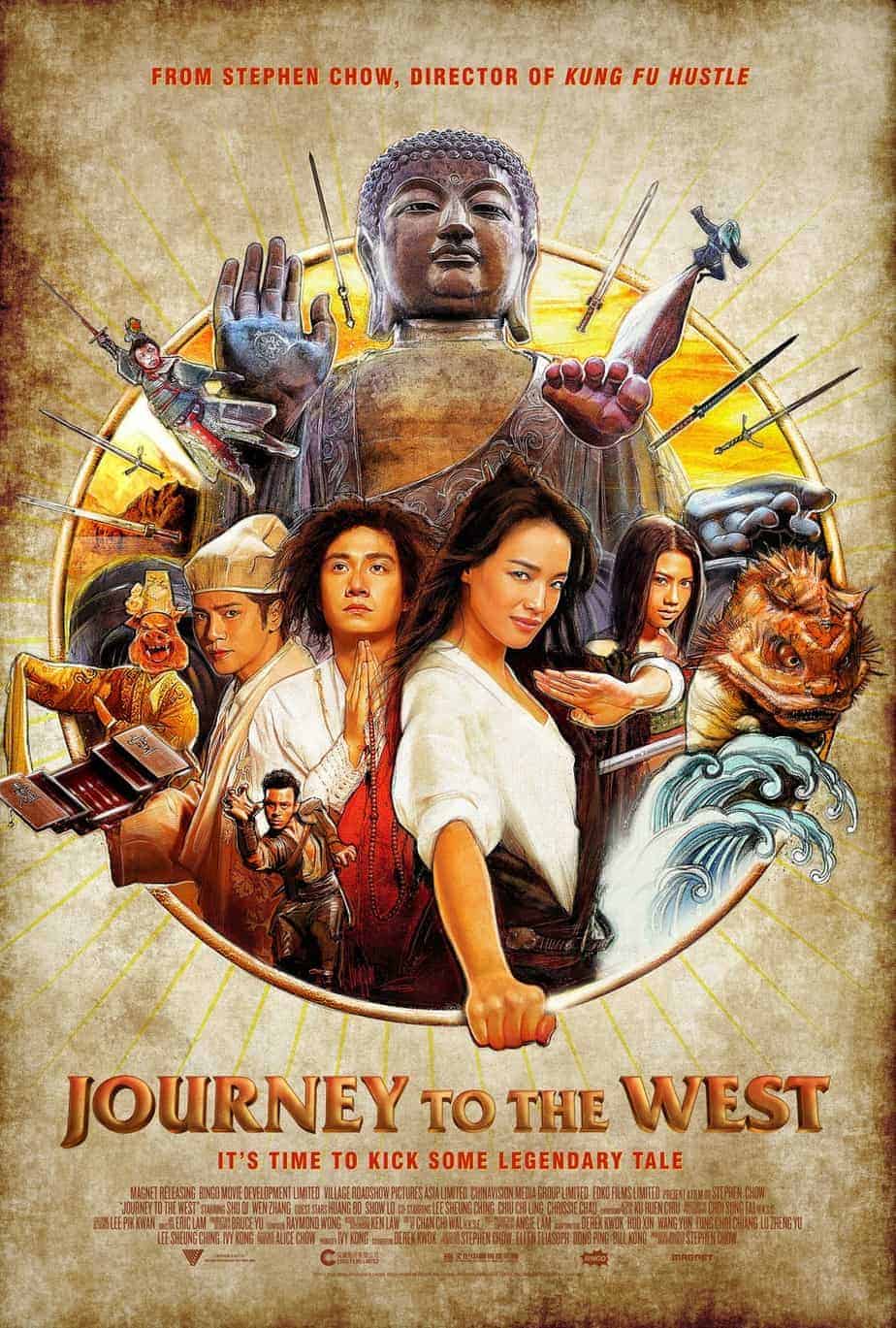It is not a secret that in many countries, foreign domestic helpers are a big help with regard to the middle-class maintaining a certain kind of standard. At the same time, many parts of Germany and the US depend on foreign workers, and their willingness to take whatever job is at hand if it means having some kind of opportunity to support their families at home. Hong Kong is no exception to the rule with many families employing foreign domestic workers from the Philippines or Indonesia, which creates a similar necessity on both sides. Given the work culture of places like Hong Kong on the one hand, and the fact these workers depend on a steady paycheck for themselves and those left behind on the other hand, there is a certain dynamic which, in many ways, mirrors the downfalls of today's era of globalization and its mechanisms of exploitation. In his 2020 feature “Dea” Italian filmmaker and anthropologist Alberto Gerosa aims to explore the lives of foreign domestic workers, creating a movie which blends documentary filmmaking and drama, as well as the clash of one's dream and the reality of things.

Dea (Dea Panendra) lives in a small town in Indonesia with her family. Considering the poor standard of living and her father being unable to provide for the family, the young girl eventually gives in, agreeing to become a domestic worker in Hong Kong. With the blessing and help of her uncle, she soon finds help from a man who has contacts with an agency which provides proper training and support when it comes to finding an employer. After some months of training, Dea, as well as the other girls she became friends with, is finally with a middle-class family in Hong Kong, taking care of the cleaning, the cooking and other housework, while also being able to send some of the money she makes to her family back in Indonesia.
However, there is a certain tension between her and the wife of the man she works for. During a typhoon, when she is alone with him in the apartment, he molests her. Afraid of getting fired, Dea stays quiet, but soon finds herself the target of the wife's wrath, who has suspected the “outsider” from the start. At the same time, Dea is still clinging on to her dream of becoming a famous singer, recalling the talent shows she watched when still at home, and which she still thinks about when she is alone.

In order to understand Gerosa's approach in terms of storytelling and aesthetics, it is necessary to know “Dea” was written by a workshop of women who have been through similar experiences as the heroine of the movie. With this in mind, it certainly explains the kind of naturalist acting of acclaimed performers such as Dea Panendra, known for her roles in “Marlina the Murderer in Four Acts” and “Gundala”, but also the visuals of the feature, which, on more than one occasion, is more in line with a documentary. Given the themes of exploitation and sexual violence “Dea” tackles, it certainly adds to the impact of these scenes, which Gerosa approaches in a very non-sensationalist way, further highlighting the idea Dea's experiences are just one story of many.
Even though the narrative follows the perspective of the protagonist, “Dea” does not shy away from at least hinting at a bigger context. The claustrophobic settings, for example, or the montage sequences of Dea's training to become a domestic worker, emphasize how important this kind of work has become, as a means to support a standard of living for people like the Hong Kong family we meet in the film. At the same time, the vicious circles of promises, emotional blackmail and economic exploitation is made visible, especially through Panendra's great central performance of a young girl who falls prey to a cruel system. While “Dea” does not add anything new to the discussion on the issue it discusses, it most definitely feels quite authentic thanks to its cast and its approach to the story.
In conclusion, “Dea” is a blend of feature and documentary, exploring the mechanisms of exploitation in today's world and the industry of foreign domestic workers. Even though Alberto Gerosa's movie may not have anything new to offer to the discussion, its naturalist approach and its central performance are certainly aspects worth mentioning.















